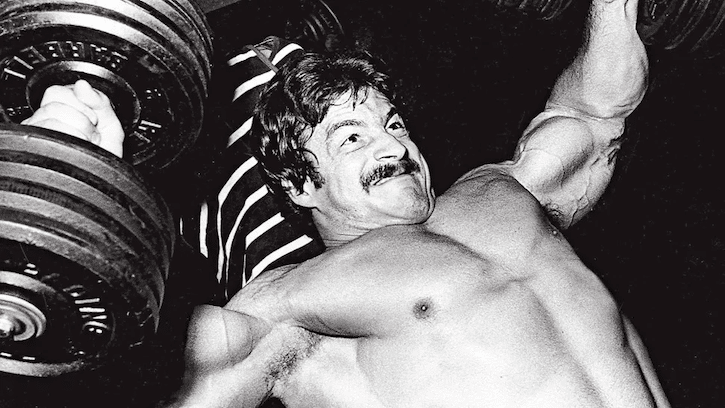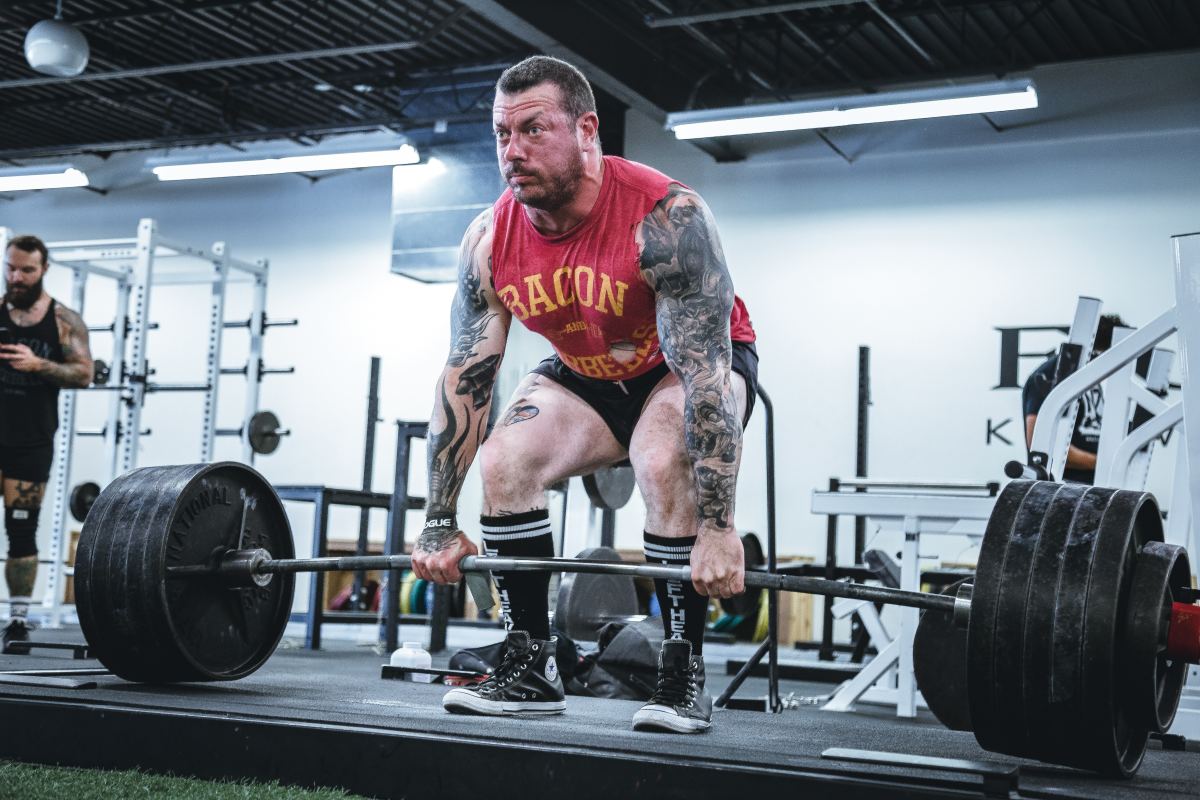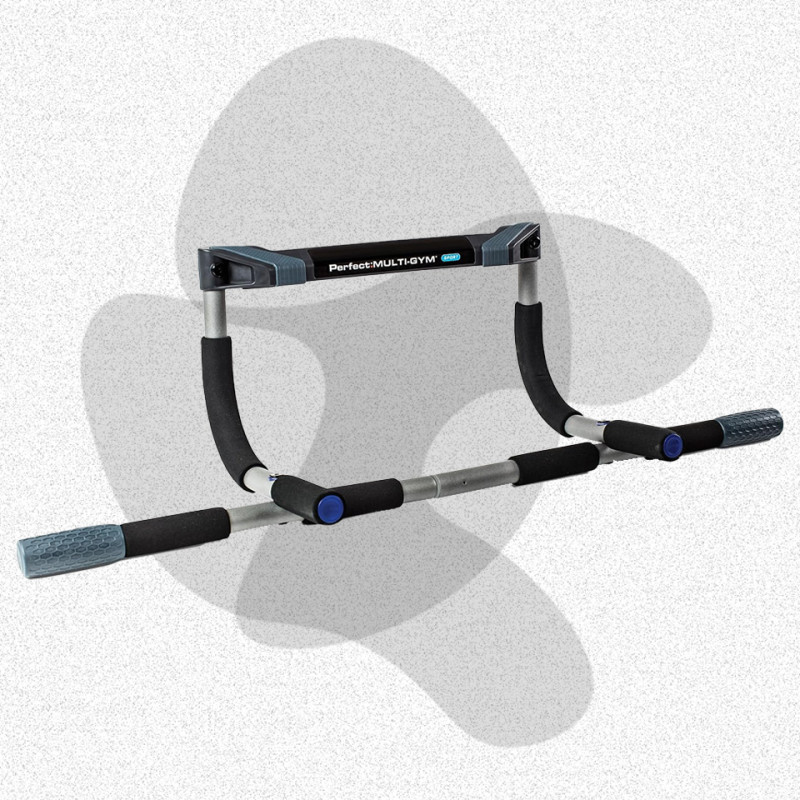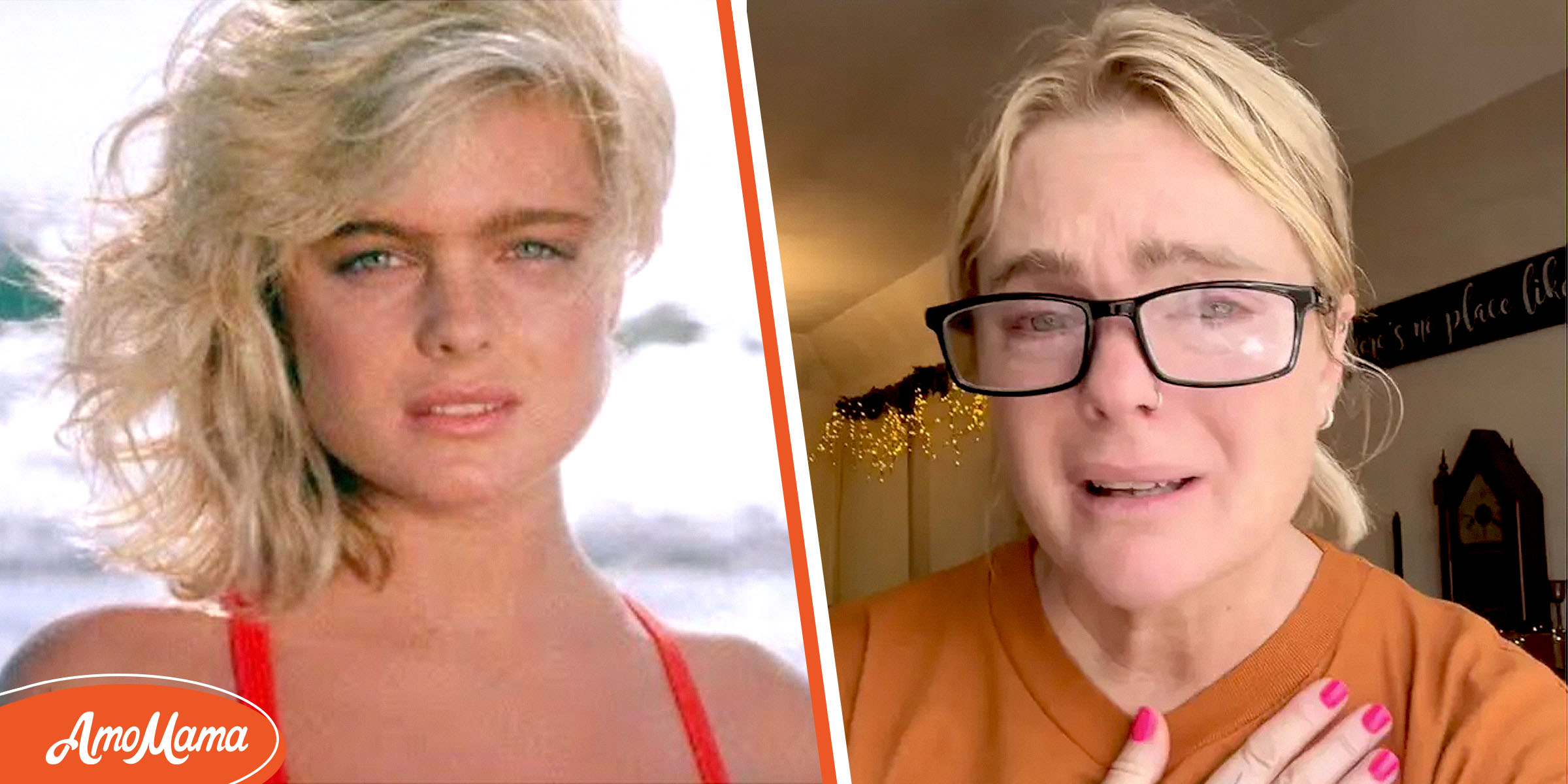On average, American men spent 2.3 hours on social media every day in 2022. Add that up and it’s 34.97 days in the calendar year getting worked up by political memes, fueling inadequacy watching videos of ‘roided-up fitness influences, and arguing with strangers on whether Giannis Antetokounmpo is better than LeBron James.
That finding comes from the Cleveland Clinic’s new survey on the state of men’s health. In June 2023, the organization spoke with 1,000 adult men in the continental U.S. for its annual MENtion It survey. It learned that the majority of us aren’t wearing sunscreen; more than half of us aren’t satisfied with our current weight; and, for many men, that 2.3-hour social media number is actually low. Sixteen percent of men spend five or more hours per day on social media.
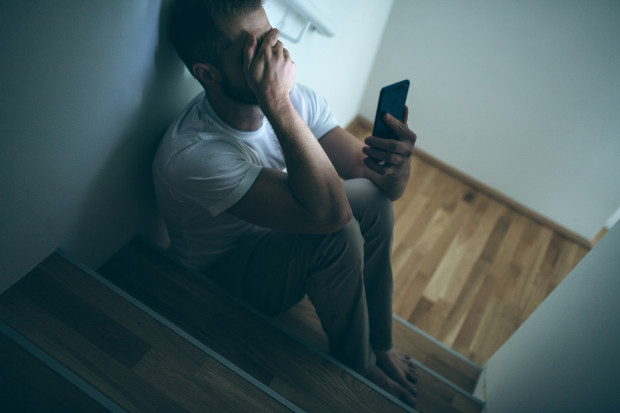
Getty Images
Social Media Makes Us Lonely—and That Can Shorten Lifespans
Social media might “connect” us to the world, but scrolling it for hours on end actually makes us feel less connected: In a 2018 study, scientists at the University of Pennsylvania found that subjects spending two or more hours per day on social media were twice as likely to feel socially isolated and lonely than those who spent less than 30 minutes per day on the apps.
“Our experimental design allowed us to establish causality: If you spend too much time on social media, you’re going to feel more distressed or lonely,” says Melissa Hunt, Ph.D., the associate director of clinical training in Penn’s Department of Psychology, and the study’s lead author. “It doesn’t work the other way around.”
When men get lonely, though, we often try to tough it out or distract ourselves with other activities, says Susan Albers, Psy.D., a clinical psychologist at the Cleveland Clinic.
“Men may bury themselves in work or hobbies to cover up aspects of their loneliness,” she says. “But it’s a very significant issue.”
That’s because feeling lonely doesn’t just feel bad: It can also kill you. A 2015 research review from Brigham Young University, which collected more than 30 years of data, found that people suffering from loneliness were 26 percent more likely to suffer a premature death. According to the U.S. Surgeon General, who calls loneliness a public health epidemic, lacking connection is as risky to your longevity as smoking 15 cigarettes per day.
Related: Lessons from Kelly Slater on How to Achieve Greatness
5 Realistic Strategies to Reduce and Improve Social Media Use
Quitting social media cold turkey is a tall order, and likely unnecessary. Being able to post and virtually interact with others may help you market your business or keep up with upcoming events. And research shows that swearing off social media completely may not even help. While some studies have found that taking a one-week break from Instagram, Facebook, Twitter, and other social apps improves well-being, other studies have found that these types of “digital detoxes” have no effect, or actually make people feel worse.
“It’s simply unrealistic to ask people to forego social media completely,” Hunt says. “For example, clubs, book groups, and other organizations often use Facebook or other social media to set up their meeting times. And people who use no social media at all tend to be a little more lonely than those who use it some.”
Reducing your social media time can mitigate feelings of loneliness and improve longevity. Here are five tips for paring down those scrolling sessions—and improving your experience during the hours you do spend on social.
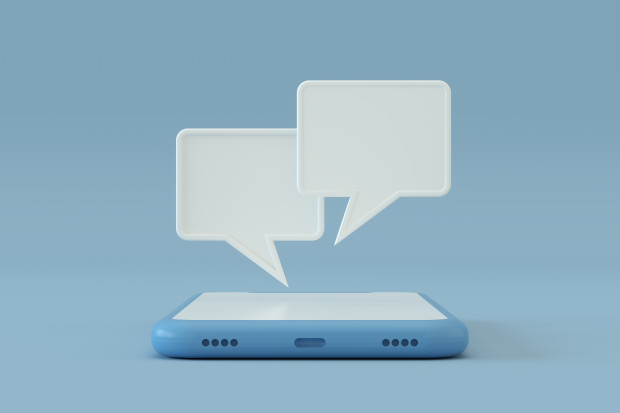
Getty Images
1. Follow and Interact with Real Friends on Social, Not Strangers
In a 2021 study, Hunt and other scientists at Penn found that people who follow more of their real friends on social media were less lonely and had fewer symptoms of depression than people who followed more strangers. The friend-followers felt more connected, while the stranger-followers felt more like they were missing out as they saw the polished lives of influencers flash across their phones.
“It’s not that social media is evil and we should all get off it. The best way to use social media is for no more than an hour a day, following people you actually know in the real world,” Hunt says. “Unfortunately, [social media companies’] entire business model depends on people not doing that.”
Basically: The algorithms of these apps make avoiding influencers and strangers difficult. But if someone makes you feel annoyed, angry, or inadequate, hammer that unfollow button and see what your real friends are up to instead.
Related: How to Overcome Fear: Alex Honnold, Lindsey Vonn & More
2. Track Your Social Media Use for a Few Weeks
You don’t need to reduce your social media use right away, Hunt says. Start by just keeping track of how much time you spend on these apps, and how you feel, for a few weeks.
“Don’t guess how much you’re using them. Use your app counter or [Screen Time] app that can tell you how much time you’re spending,” she says. “Really pay attention during that time on a day-to-day basis to how you feel and what happens to your mood after a period of social media use.”
This type of mindful self-monitoring, Hunt says, may help you realize what you’re really getting from social media time.
“This can often give people a pretty clear sense of, ‘You know what? I actually feel pretty terrible when I get off social media, and that icky black mood doesn’t lift for a while,’ ” she says.
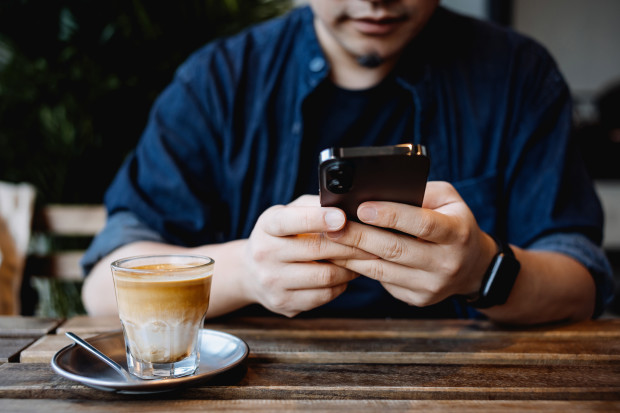
Getty Images
3. Choose a Specific Time for Social Media
For many of us, checking our socials is a default. Feeling bored? Pick up your phone.
That may find you piling up minutes on social media and using it at times when you’re not feeling great, Albers says.
“It can be helpful to anchor social media behavior to another behavior,” she says. “Choose a certain time of day that’s particularly good for your mental health—probably not first thing in the morning—a time of the day when you can scroll for a bit and not feel a big impact on your mood.”
Your dedicated time for these apps could be after a meal, after work, or another time when you’re intentional about using apps—not clicking to them automatically when you have a down moment.
Related: Social Media Is More Addictive Than Smoking
4. Don’t Just Scroll: Comment and Interact with Others and Connect Offline
There’s a reason it’s called “doom scrolling”: Swiping through endless posts showing awesome locales and lives you aren’t living just leads to harmful comparisons.
In a 2021 study, Canadian scientists found that passive users who just scroll through their feed feel worse. The authors said these users were more likely to perform “upward comparison,” thinking others’ lives are better than theirs. On the other hand, real interactions—both on social and offline—improved overall mental well-being and how participants felt about themselves.
A 2019 study, published in PLOS One, had similar findings: When passive users took a one-week “vacation” from social media, they felt better. But those who actively interacted with others using these apps felt worse after their week off.
Connect with people you know through these apps by commenting and messaging—both on the apps and off.
Related: How to Find the Right Therapist for You
5. How to Recognize When Social Media Use Is a Medical Red Flag
For many people, using social media helps them disconnect from their day for a moment and zone out, Albers says. But for some men, it’s a way to disconnect from their emotions. And that’s a problem.
“A red flag that people may be using social media too much is if they’re using it as a way to get away from their feelings,” she says. “So if they’re feeling down or anxious, they might escape by going to social media.”
In these cases, Albers says, it may be helpful to talk to your doctor or a mental health professional about what’s going on. That’s easier said than done, though: In the MENtion It survey, the Cleveland Clinic also found that 65 percent of men are hesitant to seek professional help for mental health issues, including stress and anxiety.
It’s tempting to think that you can tough it out or that you can find the answers yourself—and that’s another spot where social media time can be negative, Albers says. There’s a lot of inaccurate medical mental health information on social media, and it can be misleading. Don’t turn to your feed: Ask your doctor instead.
































